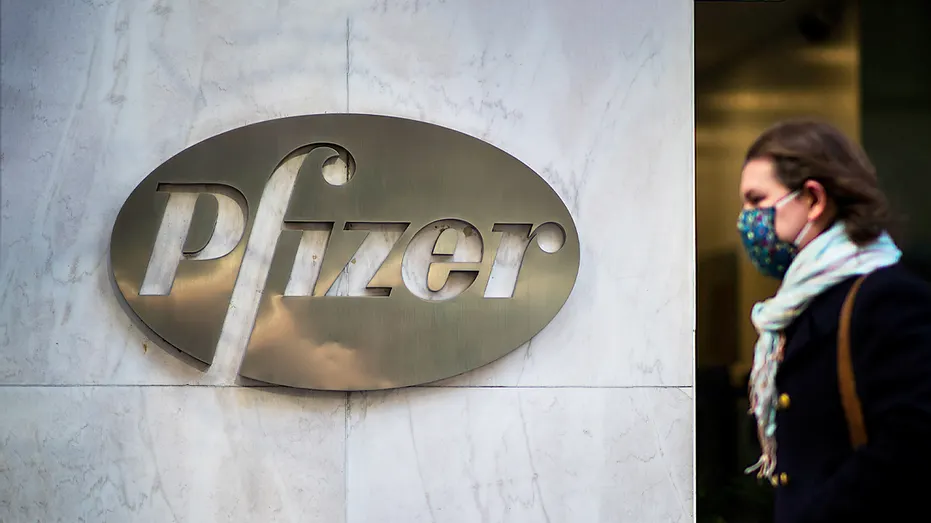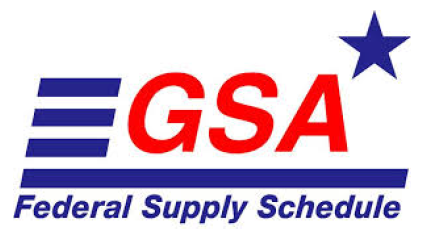In January 2025, pharmaceutical giant Pfizer made headlines when it agreed to pay nearly $60 million to resolve allegations involving its acquisition, Biohaven Pharmaceutical Holding Company Ltd. The U.S. Department of Justice alleged that Biohaven caused the submission of false claims to federal healthcare programs—including Medicare—by offering kickbacks to providers in exchange for prescribing its migraine treatment, Nurtec ODT.
While Pfizer did not admit wrongdoing, the case sent a jolt through the pharmaceutical and healthcare industries. But perhaps more importantly, it also served as a wake-up call to small and mid-sized businesses: compliance isn’t just for big players. It’s a universal obligation.
This post breaks down the legal and ethical implications of the Pfizer case, examines the regulatory responsibilities for companies engaging in government contracts, and offers practical strategies for smaller businesses to stay compliant—and stay eligible.
Pfizer False Claims Settlement
The core of this case lies in alleged violations of the False Claims Act (FCA) and the Anti-Kickback Statute (AKS). According to the Department of Justice, Biohaven incentivized healthcare professionals to prescribe Nurtec ODT by providing illegal remuneration, including paid speaking engagements, consulting arrangements, and other financial perks. These incentives allegedly led to fraudulent claims being billed to Medicare and other federal programs.
Though Pfizer inherited the issue through its acquisition of Biohaven, the penalty still fell on its shoulders—a sobering reminder that due diligence in mergers and acquisitions is critical.
The Legal Landscape: Understanding the False Claims Act
At the heart of the Pfizer case is the False Claims Act, which imposes civil liability on individuals or companies who knowingly submit—or cause the submission of—false claims for payment to the federal government. The FCA is often coupled with the Anti-Kickback Statute, which forbids offering, paying, soliciting, or receiving anything of value in exchange for referrals or services reimbursed by federal programs.
Violations can lead to:
- Treble damages (3x the amount of damages sustained by the government)
- Civil penalties per claim (up to $27,000 per instance)
- Exclusion from future government contracts
It’s no exaggeration to say these laws can make or break a business.
Kickbacks and Compliance: What Went Wrong
Kickbacks may not always come wrapped in envelopes of cash. They can include:
- Lavish dinners
- “Honorarium” payments
- Excessive consulting fees
- Paid travel
- Free product samples tied to volume commitments
In Biohaven’s case, these perks were allegedly disguised as legitimate engagements. But when the intent is to influence prescribing behavior—especially when tied to federal reimbursements—intent becomes incriminating.
Government Contracting and Ethical Obligations
Government contracting is not like private sector sales. When you accept taxpayer dollars through Medicare, Medicaid, or any federal agency, you inherit a higher standard of responsibility. Ethical missteps—intentional or not—can lead to severe consequences:
- Loss of contract eligibility
- Reputational harm
- Investigations and lawsuits
- Criminal exposure
No company, regardless of size, can afford to take these risks lightly.
Why Compliance Programs Matter More Than Ever
One of the biggest misconceptions among small and mid-sized firms is that compliance is a luxury—something reserved for large corporations with entire departments dedicated to it. In truth, compliance is survival.
A robust compliance program:
- Detects red flags early
- Prevents inadvertent violations
- Demonstrates good faith in government investigations
- Reduces penalties in the event of misconduct
According to federal guidance, such programs should include regular training, whistleblower channels, internal audits, and leadership accountability.
Lessons for Small and Mid-Sized Businesses
You don’t need Pfizer’s budget to build a compliant organization. But you do need:
- Clear ethical guidelines for all employees
- Vendor screening procedures
- Onboarding compliance training
- Annual certifications for compliance policy acknowledgment
- A system for anonymous reporting
By weaving compliance into your culture from the start, you de-risk your growth.
Building a Robust Compliance Program
Whether you’re a biotech startup or a healthcare software provider, these steps form the foundation of a solid compliance strategy:
- Establish a Code of Conduct
Make expectations clear and accessible. - Appoint a Compliance Officer
Even if it’s part-time, someone must own this responsibility. - Implement Monitoring Tools
Track payments, contracts, and vendor interactions. - Develop a Whistleblower Policy
Protect internal reporters and foster transparency. - Conduct Annual Risk Assessments
Identify areas of vulnerability before regulators do.
How to Identify and Prevent Kickbacks
Many companies fall into gray areas unknowingly. Ask yourself:
- Is this payment tied to volume or referrals?
- Is there a legitimate business reason for the benefit?
- Could this create a conflict of interest?
- Would you be comfortable disclosing this benefit publicly?
If the answer to any of these is “no” or even “maybe,” stop and reassess.
Training Your Team on Compliance
Don’t make compliance a once-a-year PowerPoint snooze fest. Effective training should be:
- Interactive
- Scenario-based
- Role-specific
- Frequent and refreshed
Consider using microlearning modules, quizzes, and case studies like Pfizer’s to keep the content relevant.
The Role of Whistleblower Protections
The False Claims Act offers strong protections—and financial incentives—for whistleblowers. Employees who report fraud can receive 15% to 30% of the recovered funds. That’s motivation.
Instead of fearing whistleblowers, smart companies empower them internally—with open-door policies, safe reporting systems, and leadership responsiveness.
Compliance vs. Corporate Growth: A False Dichotomy
Some executives fear that too much compliance will slow innovation or sales. But as the Pfizer case shows, non-compliance is the real growth killer.
A well-implemented compliance program enables faster:
- Investor trust
- Partnership opportunities
- Contract approvals
- Regulatory clearances
In short, compliance is your greenlight, not your red tape.
What Pfizer’s Case Means for the Future of Pharma Compliance
Regulators are tightening the noose—not just around Fortune 500 firms, but across the entire ecosystem. Small businesses, especially those scaling into federal contracts, will face heightened scrutiny.
Expect more:
- Qui tam lawsuits
- Cross-agency investigations
- Whistleblower outreach
- Real-time auditing technologies
Being prepared isn’t optional—it’s expected.
Capitol 50 Can Help You Stay Safe and Compliant
Dealing with government rules and contracts can be confusing. That’s where Capitol 50 comes in. We help small and mid-sized businesses like yours stay compliant, avoid legal trouble, and win government contracts—without the stress.
Here’s how we can help you:
✅ Set up a simple, easy-to-follow compliance program
✅ Train your team to understand the rules and follow them
✅ Review your contracts and vendor relationships
✅ Create safe ways for employees to report concerns
✅ Get ready for government audits and reviews
You don’t have to do it all on your own. We make compliance easier, clearer, and smarter—so you can focus on growing your business.
👉 Explore here at GSA Contract Assistance or email us at fedconsulting@cap50.com to get started.
Stay ahead. Stay safe. Let Capitol 50 guide the way.
Conclusion
The Pfizer-Biohaven settlement is a stark reminder that compliance must be proactive, not reactive. Regardless of your size or industry segment, if your business touches federal dollars, the rules are clear and unforgiving.
But here’s the good news: with the right policies, training, and leadership mindset, compliance doesn’t have to be complex—or costly. It just has to be consistent.
So, take a lesson from Pfizer. Don’t wait for a DOJ subpoena to get your house in order. Start today. Protect your business, your people, and your future.
FAQs
What are kickbacks in healthcare?
Kickbacks involve giving or receiving something of value in exchange for patient referrals or federal health program business—often disguised as consulting fees, gifts, or speaking engagements.
What is the False Claims Act?
It’s a federal law that penalizes anyone who knowingly submits false claims for government funds, including through fraud or misrepresentation.
Can small businesses face FCA penalties?
Absolutely. The law applies to any entity receiving or influencing claims to federal programs, regardless of size.
What does a compliance program include?
Key elements include a code of conduct, training, risk assessments, internal reporting systems, and response plans.
How can businesses prevent kickbacks?
By training employees, vetting vendors, reviewing compensation structures, and maintaining clear documentation.
Are whistleblowers protected?
Yes. The law protects whistleblowers from retaliation and offers them a share of recovered government funds.




